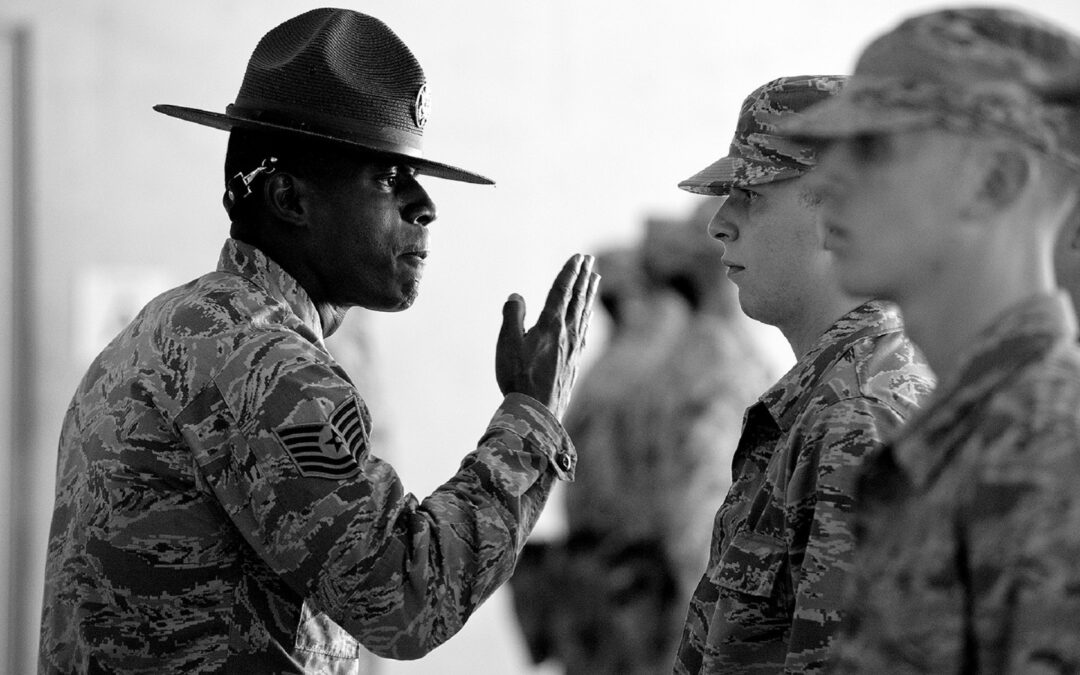Non-judicial punishment (NJP) or Article 15 is a part of the Uniform Code of Military Justice. It applies to cases where a soldier has gotten involved in a minor offence. This provision allows the immediate commanding officer to decide how the soldier should be disciplined without sending them off for a court martial.
How it works
On the surface, it is pretty simple. A soldier does something wrong, and their commanding officer decides how they should be punished. All the evidence from the case or incidence is reviewed, after which the commanding officer determines how innocent or guilty the soldier in question is.
Article 15 can only be invoked in circumstances where the offence is small. It also cannot be put into motion if any local or federal laws were broken because of the offense in question.
Depending on how you look at it, Article 15 can be a good or bad thing. it allows your commanding officer to basically be the judge, jury and executioner – one person can essentially decide what happens to you.
If you had to compare, you would think of an Article 15 hearing as something that happens at a misdemeanor court. A court martial, on the other hand, can be compared to a felony court. The one thing that is the same is the proof that is required. In cases where the commanding officer believes not enough evidence exists, they may choose to opt for Article 15.
What counts as trouble
Minor offences that do not normally require a hearing can be dealt with through Article 15, which cannot be invoked if any local or federal laws have been broken, or if the offence requires a trial.
There are three main types of punishments, i.e. Summarized, Company Grade and Field Grade.
Under the first category, a soldier may have to deal with extra duty for a period of two weeks or face restriction for the same time period. They can also get by with just a warning. Company Grade punishments are more or less the same, but also include a reduction of rank by a grade. Soldiers can also say goodbye to seven days of their pay.
Field Grade punishments are entirely different from the first two. They can include additional duty for a period of 45 days, or restriction for 60 days (45 if extra duty has also been handed down). A soldier can lose one half of their base pay for a period of up to two months. And finally, their rank can also be reduced.
In some cases, commanding officers can also defer the punishment for close to a year. This means that you are looking at a suspended punishment. Think of it like being on probation where you can get off for good behavior and not have to face real music.
Your rights and Article 15
- Normally, the punishments decided under Article 15 are of a much smaller magnitude as opposed to if the case were to be managed under court martial.
- If you are faced with an Article 15, you reserve the right to demand trial by court martial.
- Any appeal to an Article 15 sentencing must be filed within five days of the commanding officer handing down a punishment.
- You can appeal whatever judgement is handed to you or accept it but appealing a punishment does not necessarily mean it will be reversed.
- The three reasons that an appeal can be submitted include lack of evidence, procedural issues, and severity of punishment.
- Signing an Article 15 does not automatically make you guilty. It only means that you are okay with allowing your commanding officer to look into your offence. The judgement comes when it comes.
- Soldiers have complete ability to put forward evidence that can help them during the case. You can give as much information as you like to prove your innocence. In some cases, soldiers go as far as sharing proof of their reputation or character to help them get a lighter sentence.
- At times people believe that because it is not a court martial it does not carry the same weight, but Article 15 does go into your official record.
- You cannot be punished twice for the same offense. For instance, your commanding officer cannot add another punishment; however, they can send you towards court martial.
At the end of the day, the best thing to do is remain calm and collected. Put your best face forward. Facing an Article 15 can be difficult or intimidating, but the reality is that if you manage yourself properly you are likely facing a better option than a court martial. Trust the system.
So, there you have it. Our shot 101 on Article 15. Have a question that you think the article did not answer? Ask us in the comments section below.


Recent Comments